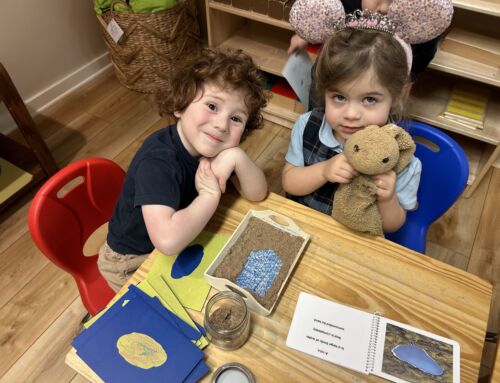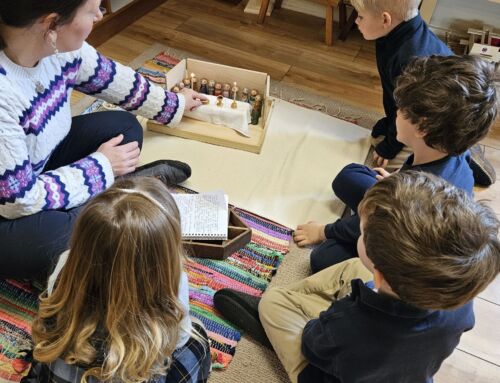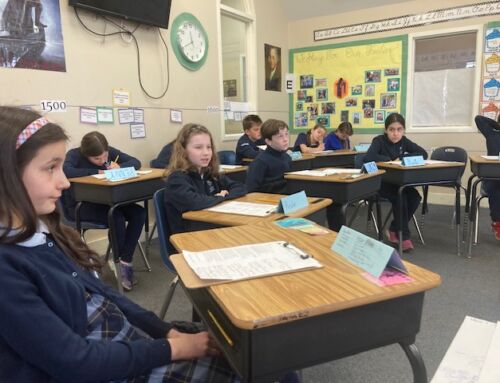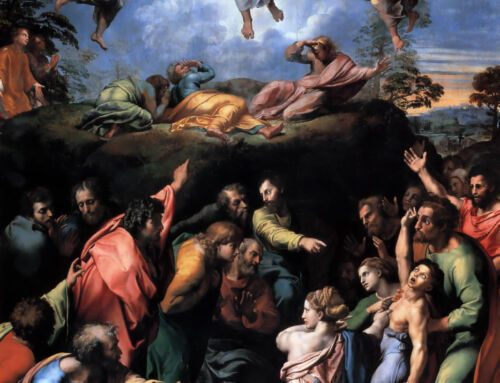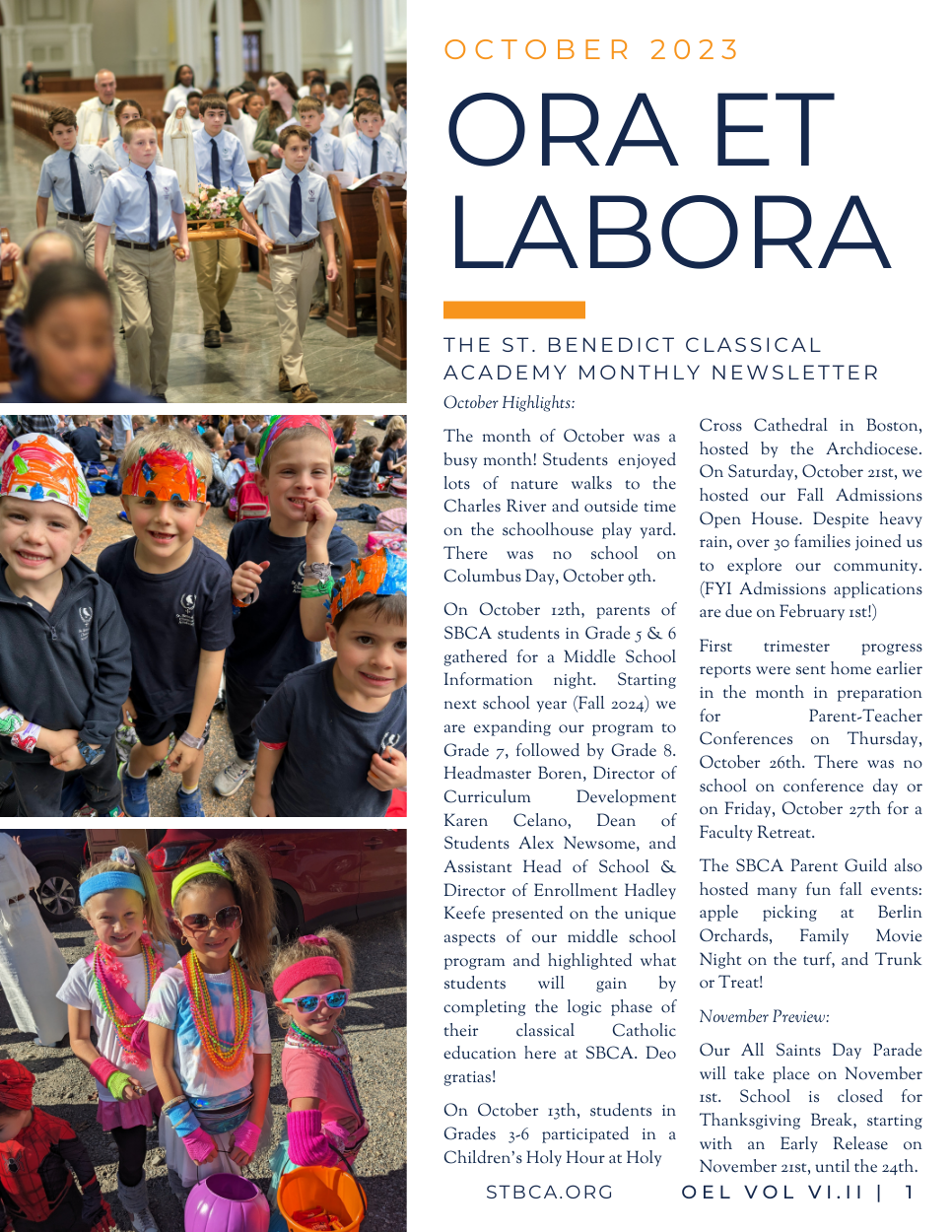The month of January, for many, signifies the return to the “everyday”. After the expectant season of Advent and the joyous, often hectic, octave of Christmas, returning to our mundane routines can be deeply disheartening. The weeks ahead seem to be long and lacking in excitement. In addition, a New England winter can feel terribly bleak at this time of year. At the end of January, after a period of feasting, we also make the transition back to ordinary time. Even the title of “ordinary” can trick us into thinking little fruit can come from this time.
If we try to live a liturgical life centered around the life of Christ, we can transform our perception of ordinary time, both in a natural and a liturgical sense. I like to take the weeks following Christmas to meditate on the hidden years of the Holy Family with my students. After the prophecies of Simeon and Anna and the visits of the Magi, we know nothing outwardly extraordinary about Jesus’ early life. Yet, we also know that His is the only human life, along with the Blessed Mother’s, which was lived perfectly. We discover Christ’s hidden life by striving to live our lives with Him.
It is no accident that the January virtue of the month at St. Benedict Classical Academy is Courage. We find encouragement through reading accounts of heroic feats, whether in fictional tales or true accounts of the martyrs. It’s a good reminder to observe that the great victories exemplified in these stories would be impossible but for the countless hidden skirmishes faced in the unglamorous tasks of the everyday. The heroic moment for most of us consists not in the slaying of a dragon, but in rising with the early alarm clock, responding quickly to the needs of others, and cheerfully attending to our repetitive daily tasks. In doing these small things with great love, as St Therese would put it, we make our ordinary lives extraordinary.
I’ve often heard ordinary time referred to as “growing time”. This title helps remind us who it is that gives the growth. We can see this reflected in the natural world during this season when everything is cold and gray. We continue to encourage our students to observe the workings of nature even within the depths of winter. It’s hard to imagine any growth coming from a world that is seemingly dead. And yet we know that life is stirring beneath the earth. Along with Oscar Wilde’s Selfish Giant, we may observe “He did not hate the winter now for he knew that it was merely Spring asleep, and that the flowers were resting.”
Many people, myself included, struggle not only with the cold but with the darkness of winter. I once heard a meditation that helped me greatly with this. The summer solstice falls within days of the birth of John the Baptist. From that time the days grow increasingly darker. The winter solstice falls within days of the birth of Christ, from thence the days grow lighter. This natural phenomenon seems to mirror the words of the Baptist himself “He must increase, but I must decrease”. This idea serves as yet another reminder that the Lord is working even in the deepest darkness. It stirs up a courage that leads to hope in the One who is the light of the world.
AUTHOR: Julia Hieronymus, First Grade Teacher

